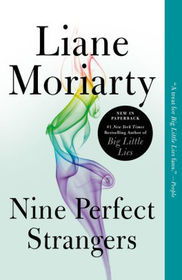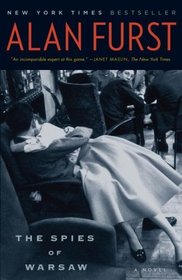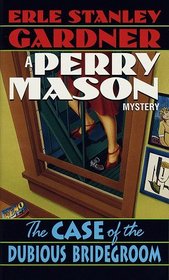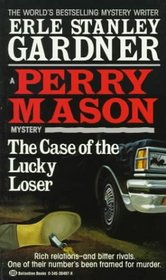Down in the Valley by David M. Pierce
Review by Matt B. (BuffaloSavage)
Born in Montreal in 1932, David M. Pierce was a poet, actor, and songwriter for Alice Cooper (among others). Pierce was also, because the performing arts gives way too many chances to rest between gigs, bartender, truck driver, reporter and sales agent for furniture and magazine companies.
So he brought to the six mysteries starring PI Victor Daniel varied professional experience and his copious reading — we hardcore mystery readers who also read everything can always tell from vibrant word play when a writer has read everything from Shakespeare to Dickens to Pound.
This novel is the first mystery featuring PI Victor Daniel, published in 1989. For us of a certain age in 2020, the nostalgia factor is strong with his Apple II computer, Adidas kicks, and on the radio Maureen McGovern. Daniel is over six and half feet tall, wears loud Hawaiian shirts, and does about any kind of job that comes his way.
While there is a modicum of a plot involving fighting the dope problem at a high school, strung together are incidents of various cases he has boiling. These incidents are peopled with a wide variety of characters: a one-legged vet, a riot grrl, and a police detective in heliotrope suits and burgundy shoes, just to name a few. The dialogue is always engaging, the word choices apt, though there are some spots where not much seems to happen and lapses of taste and crudeness of attitude to show how hard-boiled Valley People are.
Apparently, even though the author wrote five additional novels in this series, they never really caught on and are only remembered by true connoisseurs of mysteries. In the 1990s, recall, really long and really dark mysteries became the thing and these novels, under 300 pages and madcap, are not long and dark. Maybe the writer had trouble with the publisher promoting the books in the right way. Pierce passed away in 2016 of complications due to a stroke.
But the work lives on and it’s up to us hardcore mystery readers to read Pierce so he’s not as unjustly forgotten as Mignon Good Eberhart.








